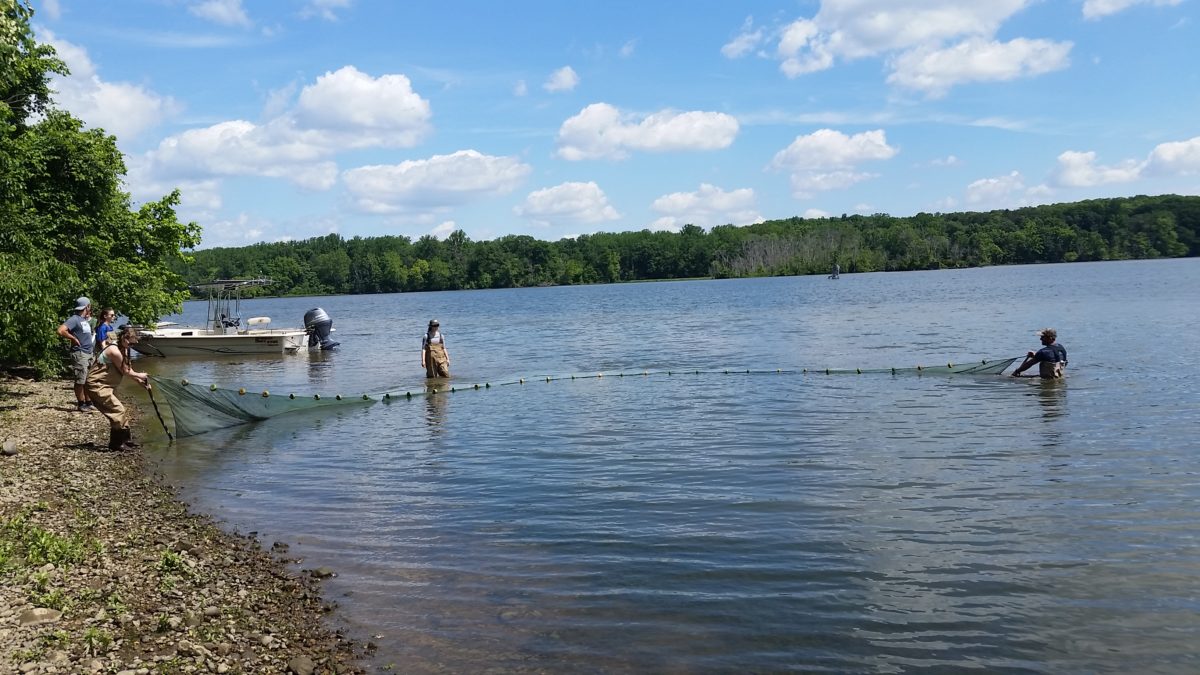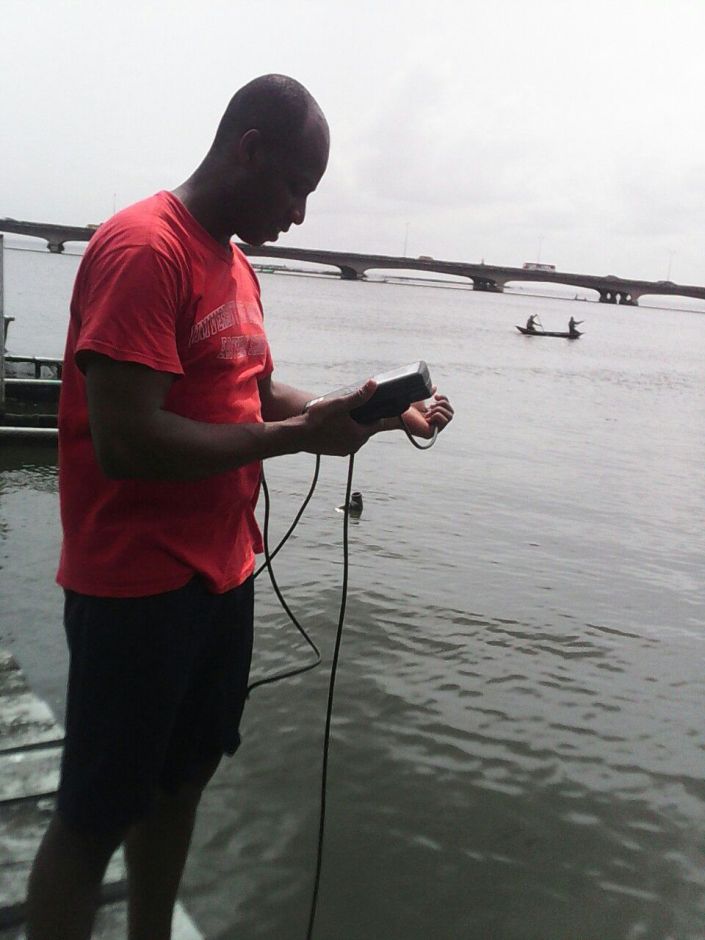By: Sammie Alexander
As a member of the ecology team for the Potomac Environmental Research and Education Center’s (PEREC) summer OSCAR team project, my research goal is to investigate the predator-prey dynamics between fish and macroinvertebrates in two freshwater tidal Potomac River tributaries, Gunston Cove and Hunting Creek. This means, I examine the stomach content of 15 fish species known to inhabit both embayments in order to construct a food web for each location.


